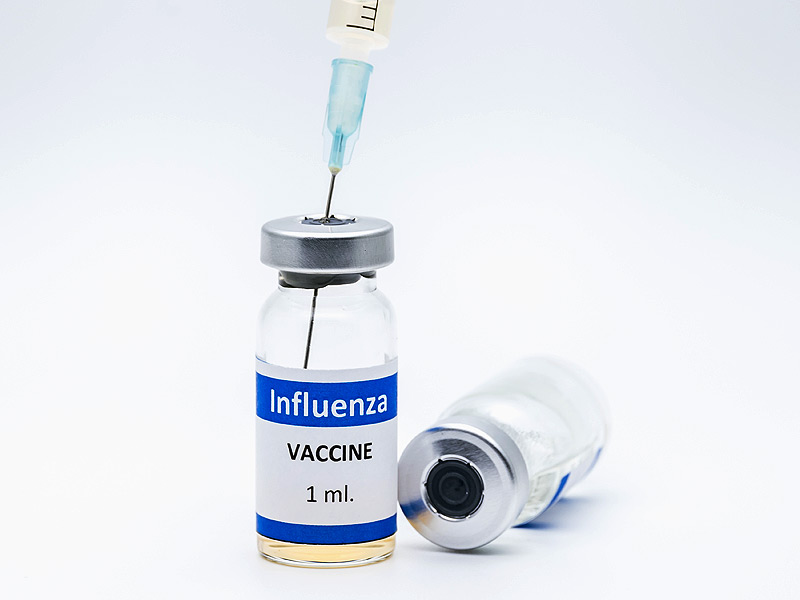
March 29, 2020, by aeyavb
Effectiveness of inactivated influenza vaccine in autoimmune rheumatic diseases, treated with disease-modifying anti-rheumatic drugs
Researchers at Nottingham University report that seasonal flu vaccine protects from flu and its complications in people with inflammatory conditions treated with immune suppressing medicines.
Influenza causes 291,000-650,000 deaths per year globally. Overall, it is estimated to cause 3.1 million hospitalized days and 31.4 million outpatient visits that costs the USA economy 87.1 billion dollars annually. The inactivated influenza vaccine (IIV) prevents influenza and its complications. The degree of protection depends on vaccine match. According to the latest Cochrane reviews, IIV prevents influenza and influenza-like illness in adults under 65 years old, and young adults. Due to autoimmune rheumatic diseases being associated with an increased risk of influenza and its complications, the seasonal flu vaccination is recommended annually. However, its effectiveness in preventing patient-centred outcomes such as influenza, pneumonia and death have not been studied. Dr Abhishek conducted a study to assess the effectiveness of IIV in preventing influenza-like illnesses (ILIs), lower respiratory tract infections (LRTIs), pneumonia, COPD exacerbations, respiratory morbidity, and all-cause mortality in immunosuppressed autoimmune rheumatic disease (AIRD) patients.

This study followed participants from 1 September until the earliest of outcome date, date of death, date of last data collection, transfer out of the GP-surgery or 31 August the following year. IIV is most likely to have an effect on outcomes during periods of influenza virus circulation, and the proportion of ILI and other outcomes attributable to influenza virus activity is greatest. Therefore, it restricted the outcomes to the influenza active period (IAP).
Data for 30,788 participants, 65.66% female, 75.49% with Rheumatoid Arthritis (RA), contributing to 125,034 influenza cycles (87,212 vaccinated) were included.
Results:
Inactivated influenza vaccine reduces the risk of influenza-like illness, hospitalization for pneumonia/chronic obstructive pulmonary disease exacerbation, and death. It was found to reduce all-cause mortality, however it was acknowledged that this could be due to residual confounding. Therefore, inactivated influenza vaccine should be actively promoted in people with autoimmune rheumatic diseases.
Co-investigators: Georgina Nakafero, Matthew J Grainge, Puja R Myles, Christian D Mallen, Weiya Zhang, Michael Doherty, Jonathan S Nguyen-Van-Tam.
Read more: Effectiveness of inactivated influenza vaccine in autoimmune rheumatic diseases treated with disease-modifying anti-rheumatic drugs, Rheumatology keaa078
Amelia Bell
No comments yet, fill out a comment to be the first


Leave a Reply